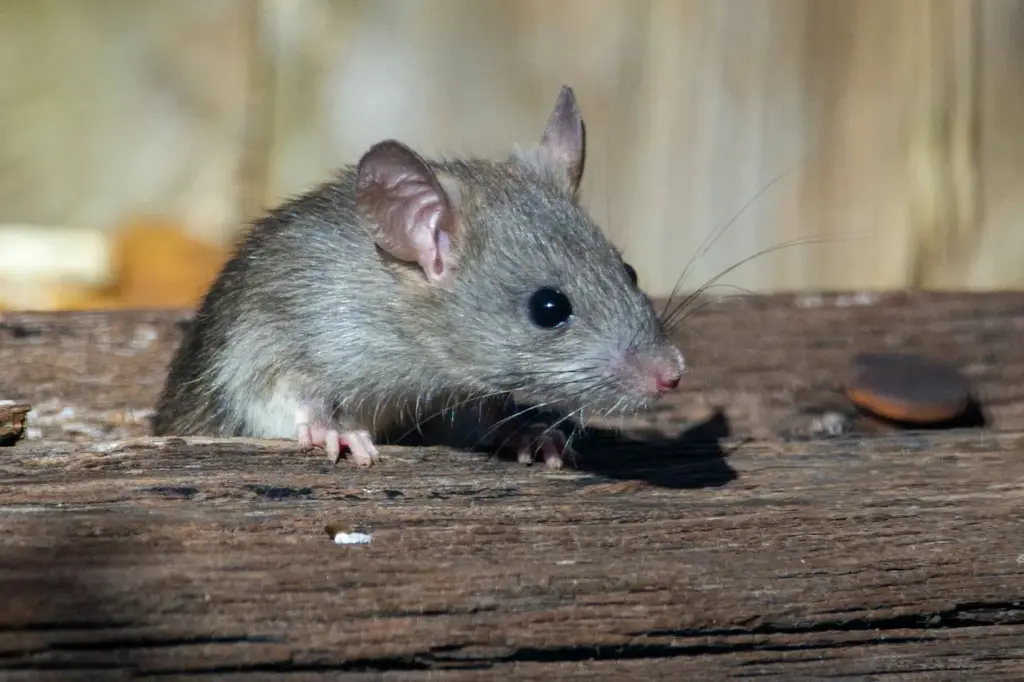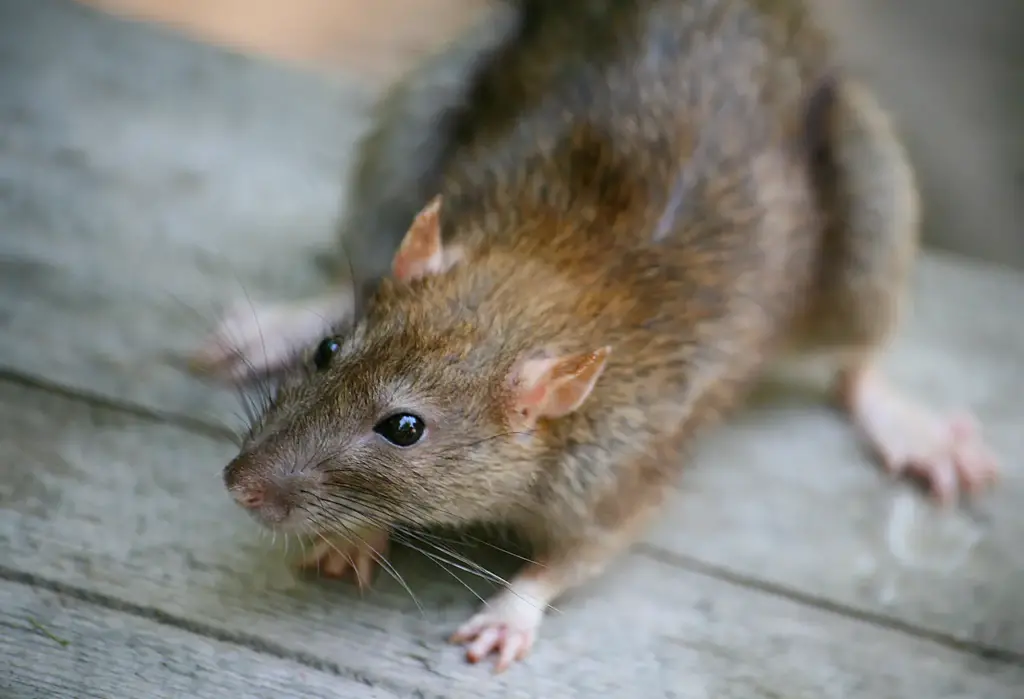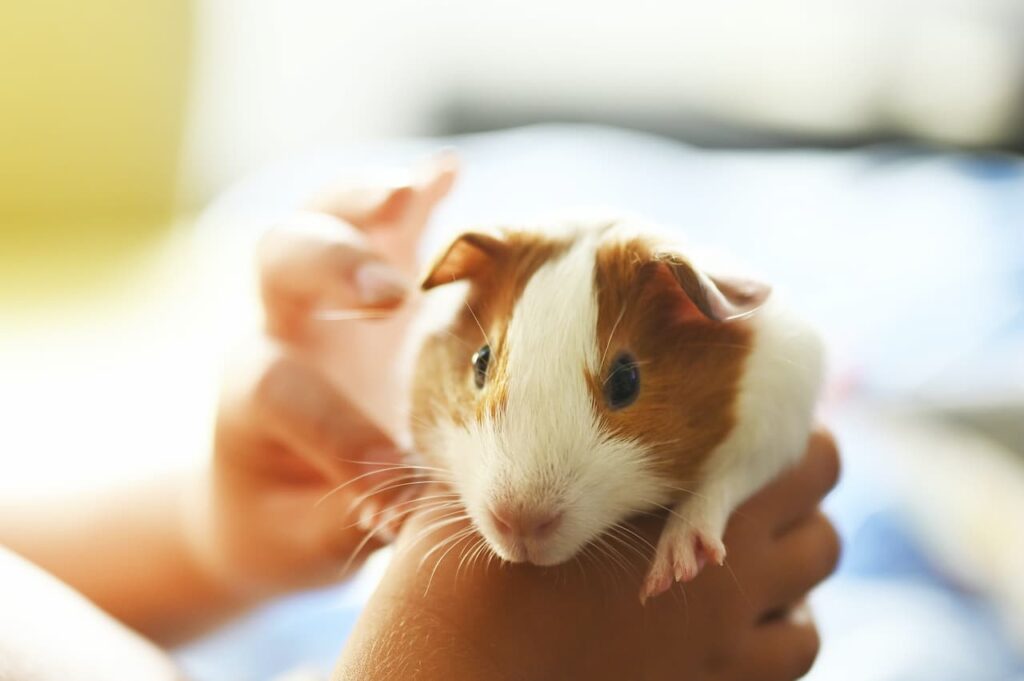Can Rats Safely Consume Raw Rice?
As responsible rat owners, ensuring their dietary needs are met is essential for their health and well-being. While rats are known for their adaptability to various foods, questions often arise about the safety and suitability of certain items in their diet. One such query that frequently emerges is whether rats can eat raw rice. Let’s delve into the nutritional aspects of raw rice, the potential risks associated with its consumption, and guidelines for incorporating it into a rat’s diet responsibly.
Raw rice, a staple food consumed by humans worldwide, is a type of grain derived from the rice plant. It is characterized by its small, elongated grains and is commonly used in a variety of culinary dishes. From a nutritional standpoint, raw rice is primarily composed of carbohydrates, with smaller amounts of protein and negligible fat content. It also contains vitamins and minerals, including B vitamins such as thiamine and niacin, as well as minerals like magnesium and phosphorus.

Given its widespread consumption and nutritional composition, raw rice may seem like a viable option for rats. However, there are several factors to consider before offering raw rice to pet rats. One concern is the digestibility of raw rice in the rat’s digestive system. Unlike humans, who possess the necessary enzymes to break down and digest complex carbohydrates found in grains like rice, rats may have difficulty digesting raw rice efficiently.
Raw rice grains are relatively hard and dense, requiring thorough chewing and extensive enzymatic breakdown to facilitate digestion. Rats, while capable of chewing through a variety of foods, may struggle to break down raw rice grains effectively, potentially leading to digestive issues such as bloating, gas, or even intestinal blockages. Additionally, raw rice grains can expand when exposed to moisture, posing a risk of swelling and causing discomfort or obstruction in the digestive tract.
Another consideration when feeding raw rice to rats is the risk of fungal contamination. Raw rice, like other grains, may harbour fungal spores, such as those belonging to the genus Aspergillus, which can produce harmful toxins known as mycotoxins under certain conditions. Mycotoxin contamination in raw rice poses a health risk to rats, as ingestion of these toxins can lead to a range of adverse effects, including liver damage, neurological symptoms, and immune suppression.
Furthermore, the nutritional value of raw rice for rats may be limited compared to other foods that are better suited to their dietary needs. While rice provides carbohydrates for energy, rats require a balanced diet that includes protein, fat, vitamins, and minerals to support their growth, development, and overall health. Feeding raw rice as a primary source of nutrition may result in deficiencies in essential nutrients, potentially leading to health problems over time.

Despite these considerations, some rat owners may choose to offer cooked rice to their pets as an occasional treat. Cooking rice softens the grains and makes them more digestible for rats, reducing the risk of digestive issues associated with raw rice consumption. Additionally, cooked rice can be mixed with other ingredients, such as vegetables, lean protein, or fortified rat pellets, to create a balanced and nutritious meal for rats.
However, even cooked rice should be offered to rats in moderation and as part of a varied diet. While cooked rice may be easier for rats to digest, it is still relatively low in essential nutrients compared to other foods, and excessive consumption can lead to weight gain or nutritional imbalances. Additionally, flavoured or seasoned rice dishes should be avoided, as they may contain ingredients that are harmful to rats, such as added salt, spices, or flavour enhancers.
In summary, while raw rice may seem like a convenient option for feeding pet rats, its suitability as a dietary staple is questionable due to concerns related to digestibility, fungal contamination, and nutritional adequacy. Rats are omnivorous animals with specific dietary requirements, and their diet should consist primarily of high-quality rat pellets supplemented with fresh fruits, vegetables, lean protein, and occasional treats. If you choose to offer rice to your pet rat, opt for cooked rice in small quantities and monitor their response closely for any signs of digestive discomfort or adverse reactions. By prioritizing a balanced and varied diet tailored to their nutritional needs, you can ensure that your pet rat enjoys optimal health and well-being throughout their life.


